Written by: Aida Rashid
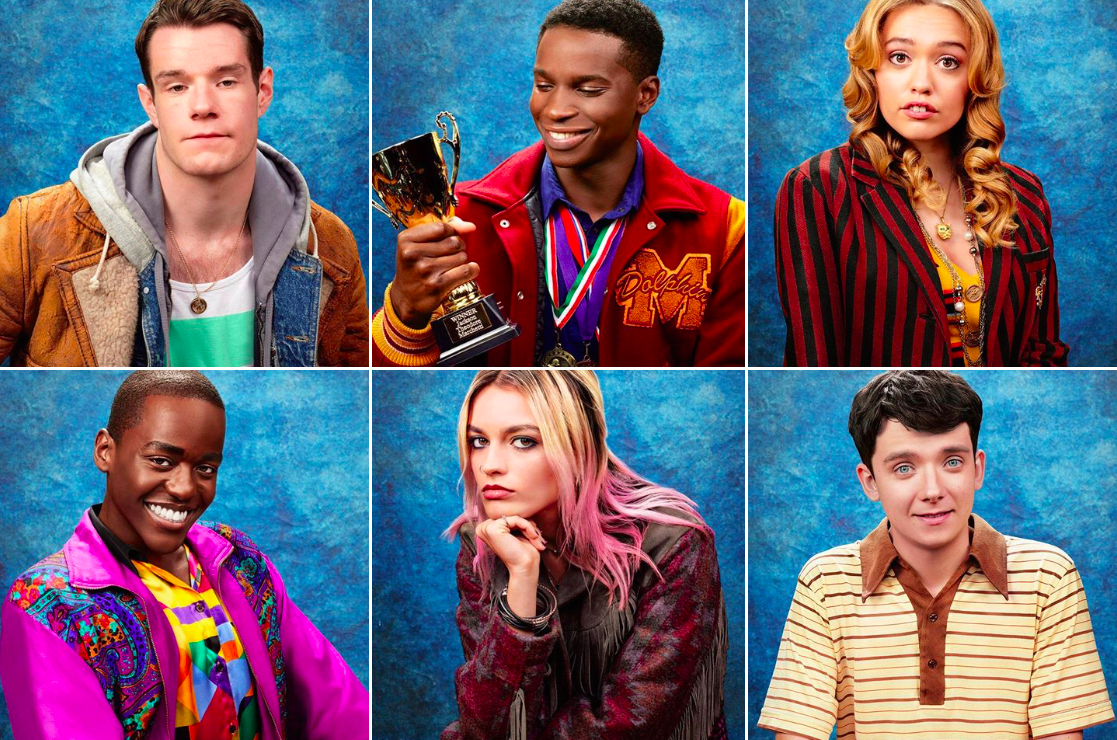
A year has passed since the first time Sex Education embraced everybody’s Netflix watch-list, and with all it’s hype (deservingly), it is only rightful for Netflix to have renewed it for the second season. After the longest wait following it’s commercial success in 2019, the honest & charming series about literally all-things-Sex-Ed came out on the 17th of January 2020. There are a few reasons why Sex Education, particularly season 2, is one of the best originals Netflix has ever released.
(Spoilers alert!)
1. It’s not afraid to discuss major issues all at once.
Its portrayal of sexual assault
It’s crazy how diverse the types of discussions that exist in this series. I think everyone would agree one of the best story-lines in season 2 was definitely Aimee’s journey in dealing with sexual assault. It was painful to see her being traumatized by the assault, sitting alone in her bedroom crying after a whole day of denying that the assault even affected her at all. The creators managed to really portray the nuances of assault and consequences of it onto the victim. The Breakfast Club-esque scene where the girls sat in a circle discussing about the times they were assaulted in public places was also really eye-opening; how assault just keeps happening due to the entitlement that some people have over women’s bodies, and how it’s blatantly normalized. Aimee’s story-line ended with the Moordale girls taking the bus with her to show solidarity and to help her overcome her trauma of getting on the bus.
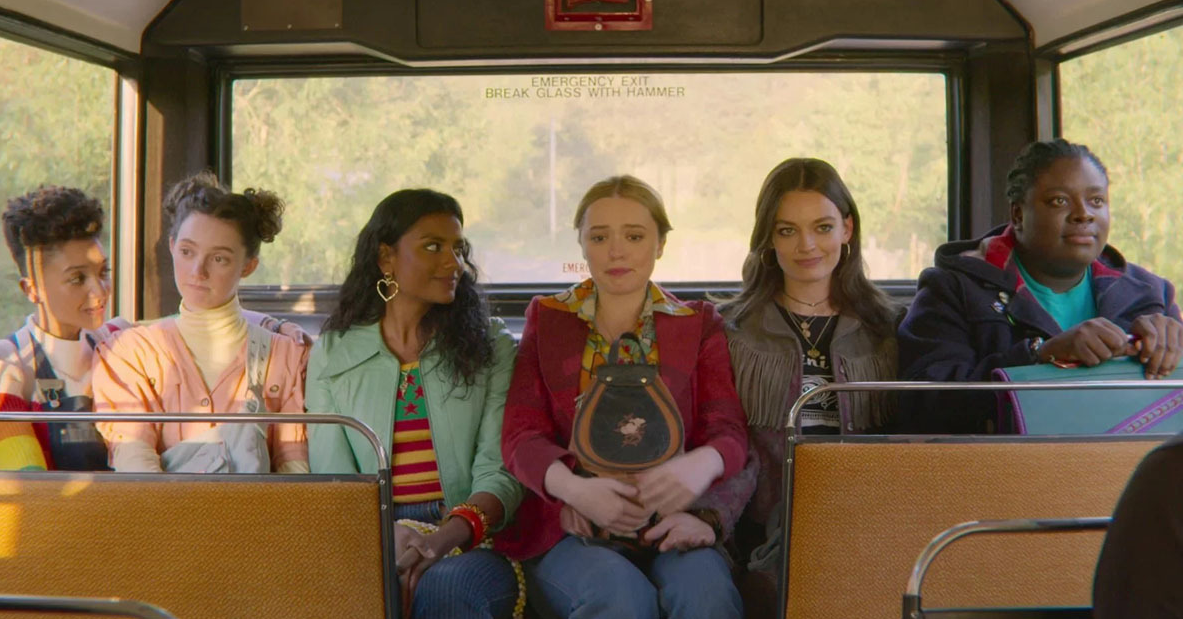
I think that commentary was extremely important to me, especially coming from a conservative society that would more likely victim-blame rather than focusing on getting attackers and rapists accountable. It reassures victims of sexual assault out there that it is never their fault, and that they should always confide in someone they trust to ease the pain.
Inclusive & diverse representation of race, gender, & sexual orientation
Aside from the obvious racial diversity the show represents, it also depicts a broad spectrum of sexual orientation; Ola with pansexuality, Adam with bisexuality, Eric & Rahim with homosexuality, Florence with asexuality and etc. This kind of representation on one of the major streaming platforms is vital for individuals who seek familiarity and relatability in their everyday lives. I think the one that got me the most was Jean’s dialogue with Florence, where she said “sex doesn’t make us whole. And so, how could you ever be broken?” in response to Florence’s worry of being broken for not wanting to engage in sexual activities. That bit isn’t only able to give affirmation towards asexuals, but also to other individuals who feel like they do not belong in a hyper-sexualized society.
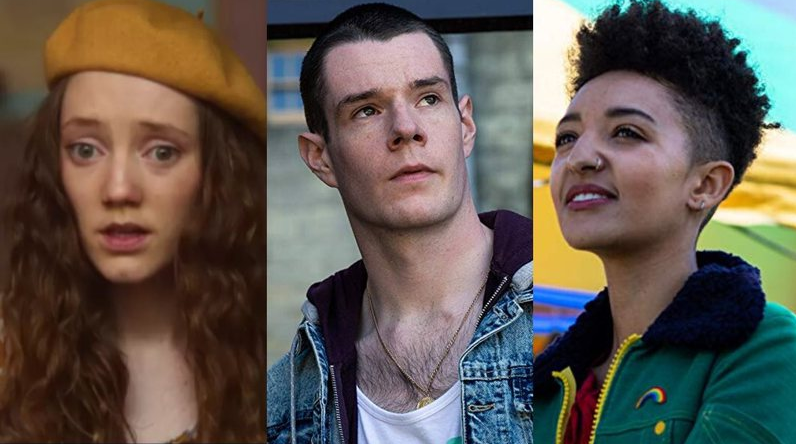
Other issues
Aside from that, it also explores substance addiction through Erin, Maeve’s mother who abandoned her during most of her teenage years. Despite having limited screen-time, the creators managed to portray how addiction relapses may make-or-break familial relationships. It also explores mental health through Jackson’s struggle in facing immense pressure from his perfectionist parent that eventually led to self-harm. Not to forget, it also touches on disability through Isaac’s character, who is an actual differently-able person with spinal cord injury.
2. The screenwriting is witty, humorous, and relatable.
I think what makes Sex Education special is the fact that they are able to deliver important information like actual sex education (dealing with the chlamydia “epidemic”, morning-after pills, safe sex) through memorable & funny yet informative ways. The unflinching frankness of the writing may seem like the show is a portrayal of a teenager being horny-on-main, but I feel like that’s the whole point of it. It is meant to show the true lives of teenagers in their post-pubescent days, figuring out their sexuality in such naivety. The creator, Laurie Nunn, whose Sex Education is her first ever breakthrough in major TV, managed to turn explicit discussions that may appear gross and uncomfortable into educational comedy that’s sweet and charming.
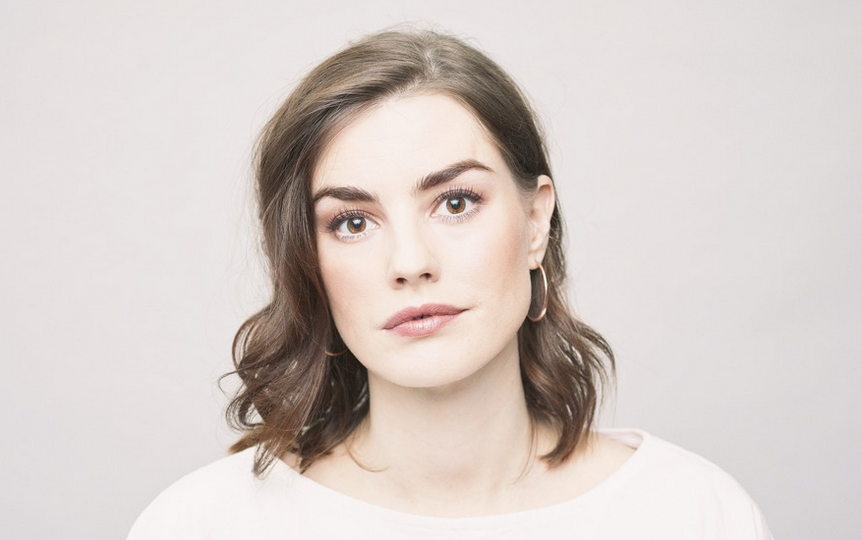
Image source: The Irish News
3. The characters are multi-dimensional, you don’t know who to love (or hate)!
This is one of the things that I really appreciate about this show; how they take their time in laying out each and everyone of the characters’ arcs. Not one character was left insufficiently explored. The characters are not one-dimensional in the sense that they are either exceptionally good or bad, but instead everyone is rather in between.
Otis may portray a nerdy and innocent persona, but he exploits his naive-17-year-old friends for money in exchange for sex advice from an inexperienced standpoint. He also publicly expressed his dislike towards Ola while drunk at his party; which was a dick move. Eric is flamboyant and extremely likeable, but he also sorta cheated on Rahim and left him heartbroken, crying on a bench alone after the whole Adam-confesses-his-love-for-Eric-on-stage fiasco. I loved how these characters made some questionable choices despite their default of supposedly being the “good guys”; just like real teenagers would do.
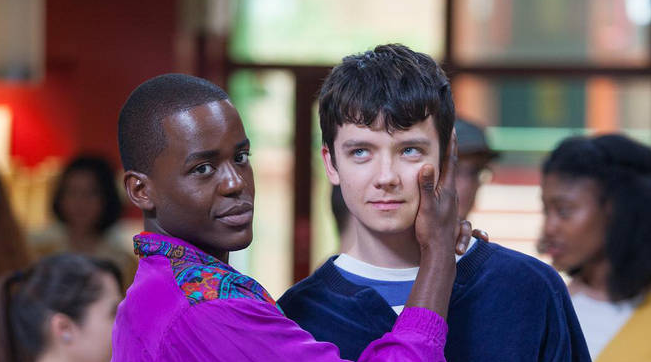
Even the newly added characters like Rahim, Viv, Isaac even Adam’s mom had their own distinct personalities with significance to the plot.
Not only that, I also feel like the friendships were also emphasized enough. They almost always pair up really different personalities together and portray how seamless their friendships are. We have the adorably healthy friendship of Eric and Otis; the wholesome, affectionate friendship between Maeve and Aimee; the unexpectedly sweet bond between Viv and Jackson; the heartwarmingly platonic friendship between Adam and Ola; and the full-of-banter-friendship Maeve and Isaac have.
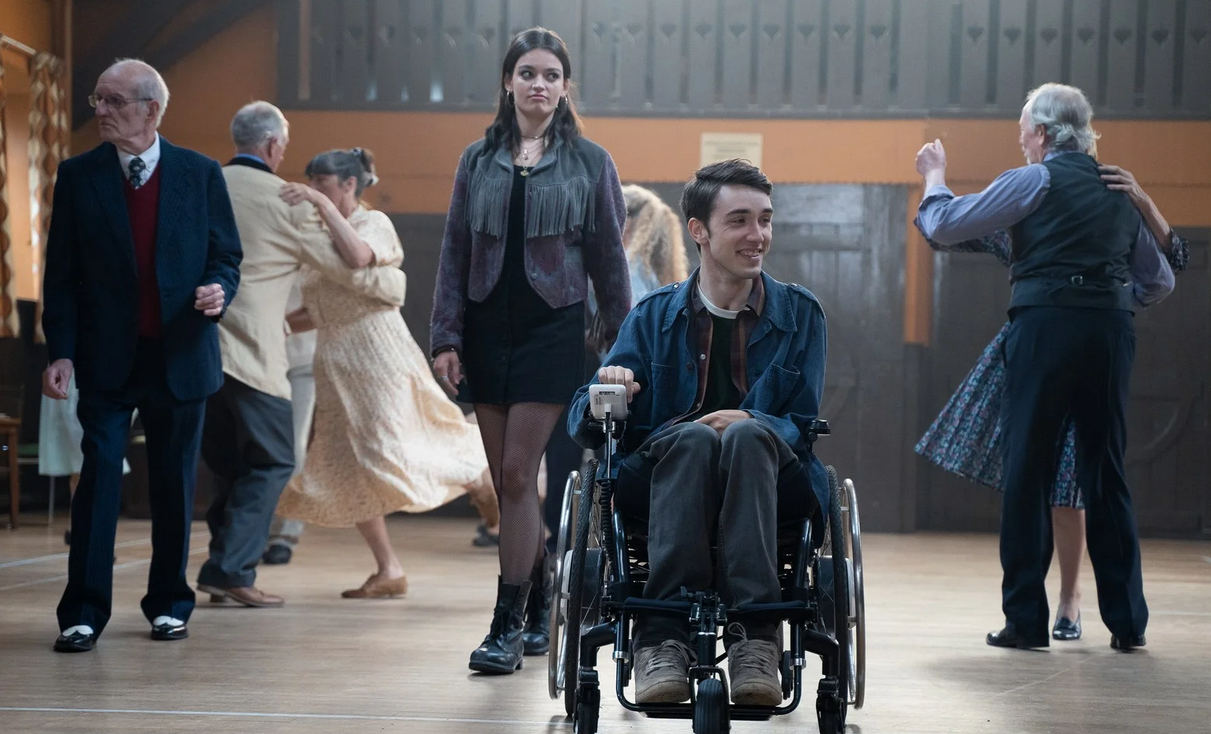
4. It pays homage to classic teen-flicks
I think it’s necessary to mention how the Sex Education universe is definitely a pleasantly odd one — it feels like a John Hughes movie with the 80s wardrobe and the music, except it is a teenage utopia with natural diversity in terms of racial and gender inclusion. It was cool to see certain scenes emulating famous teen-flicks we grew up watching. The most significant one has to be The Breakfast Club-esque scene where the girls, who were of different cliques and personalities, were being put together in detention. They then started to confide to each other about the times they were sexually assaulted. It was refreshing to see such portrayal of unforeseen bond. The other one would be the very much Mean Girls-esque scene whereby Headmaster Groff was photocopying Dr. Jean Milburn’s notes and disseminated them for revenge. It was really hilarious to watch a grown man circulating what felt like a Burn Book.
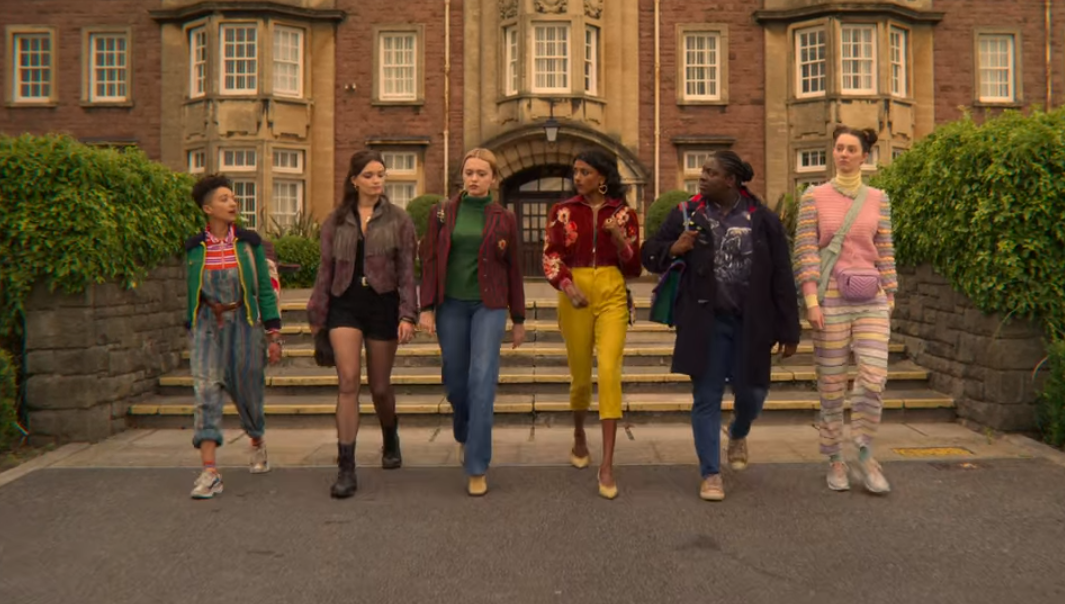
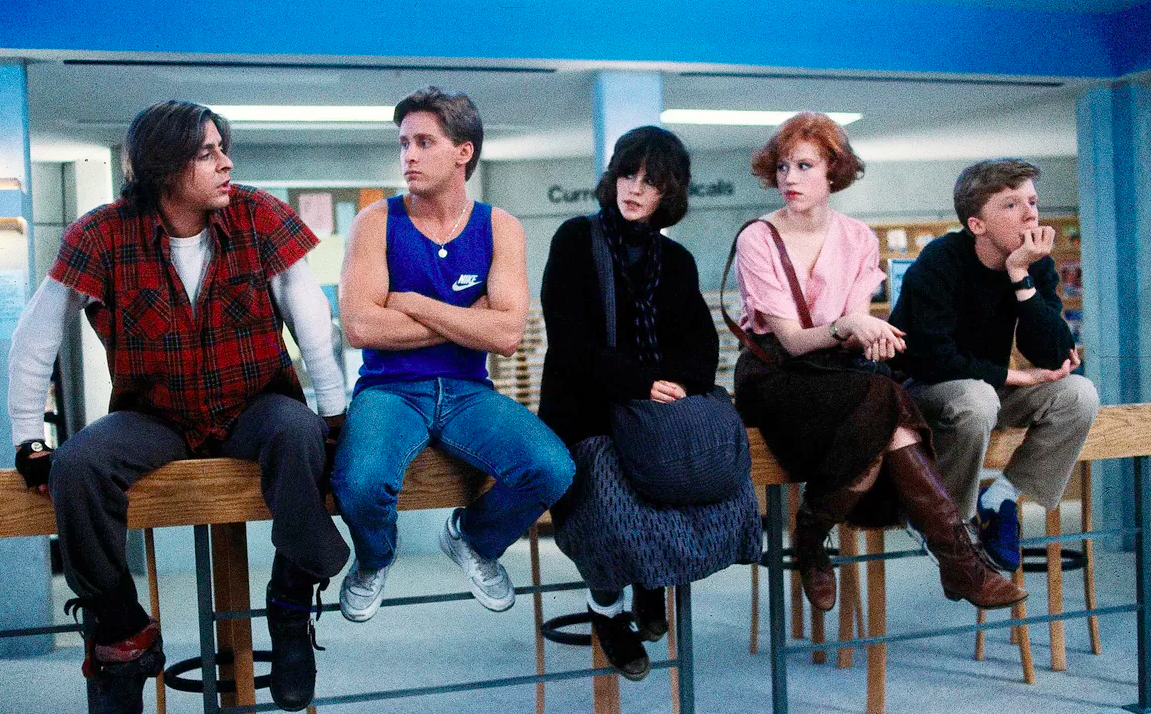
If you loved this show as much as I did, drop a comment below!

